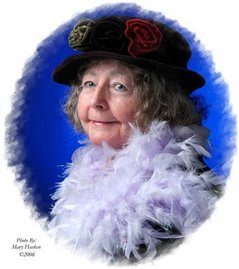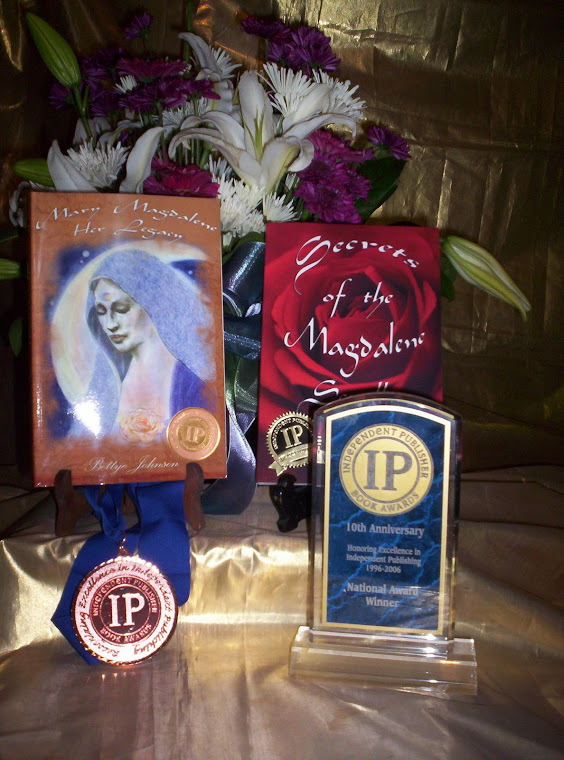
RITA LEVI-MONTALCINI – A TRIBUTE
This Nobel Prize winner for Medicine in 1986, truly deserves high praise and a tribute. On April 22, 2009, she reaches the century mark of 100 years. Levi-Montalcini is still working and to quote her, "At 100, I have a mind that is superior—thanks to experience—than when I was 20." That is quite a statement and it is also encouragement for women and men to seek knowledge and expand their minds.
From her autobiography, she writes that her twin sister Paola and she were born in Turin, Italy on the 22 of April 1909 – the youngest of four children. Her father was an electrical engineer and gifted mathematician. Her mother Adela Montalcini was a talented painter. She goes on to say that she and her siblings grew up in a wonderful family atmosphere "filled with love and reciprocal devotion." Although her father had a great respect for women, he felt that his three daughters should not pursue studies that would lead to a professional career.
Levi-Montalcini writes that at age twenty she realized she could not "possibly adjust to a feminine role as conceived by my father, and asked him permission to engage in a profession career. In eight months I filled my gaps in Latin, Greek and mathematics, graduated from high school and entered medical school in Turin." In 1936 she graduated from medical school with a summa cum laude degree in Medicine and Surgery. She then enrolled in a three-year specialization in neurology and psychiatry.
One would surmise that the way was clear at that point, however in 1936 Mussolini issued the "Manifesto per la Difesa della Razza, " which was signed by ten Italian scientists. What followed were laws barring academic and professional careers to "non-
Aryan Italian citizens" – in other words, Jews. She then moved to Belgium as a guest of a neurological institute and return to Italy just before the Germans entered Belgium.
Not to be defeated in her desire to pursue her chosen career, she created a research unit in her bedroom. In her autobiography, Levi-Montalcini goes on to describe living in Italy during the bombing by Anglo-American forces and when in 1944 the Anglo-American forces forced the Germans out, she was hired as a medical doctor by the Anglo-American Headquarters, and assigned to a camp of war refugees keeping busy by epidemics of infectious diseases.
This outstanding woman continued her studies and career after the end of the war and an invitation to work with Viktor Hamburger Rita Levi-Montalcini to join him at Washington University and investigate what seemed to be substantial differences in trophic effects on embryonic sensory and motor neurons. This collaboration led to the first identification of a developmental growth factor, Nerve Growth Factor, which is essential for the differentiation and survival of many sensory and sympathetic (but not motor) neurons. This opportunity led Rita into a new direction leading to her Nobel Prize award.
In her words, "I should thank Mussolini for having declared me to be of an inferior race. This led me to the joy of working, not any more unfortunately, in university institutes, but in a bedroom. Above all, don't fear difficult moments. The best comes from them."









No comments:
Post a Comment